What is Esophagectomy?
Esophagectomy is a surgical procedure to remove part or all of the esophagus, primarily performed to treat esophageal cancer or severe swallowing difficulties. The surgery involves the removal of the affected section of the esophagus along with nearby lymph nodes for diagnostic testing. After removal, the digestive tract is reconstructed to restore swallowing function.
When Is Esophagectomy Needed?
Esophagectomy is typically recommended in the following conditions:
- Esophageal Cancer: When chemotherapy or radiation therapy is ineffective or not an option, esophagectomy is performed to surgically remove the cancerous tissue.
- Barrett’s Esophagus: In cases where the esophageal lining has changed to abnormal cells with cancer risk, esophagectomy may be advised.
- Severe Esophageal Injury: Traumatic injuries or damage due to corrosive ingestion or chronic acid reflux may require surgical removal.
- Dysphagia (Difficulty Swallowing): If non-surgical treatments fail, esophagectomy can help restore swallowing by removing the obstructed or narrowed esophageal section.
- Esophageal Perforation: A tear or hole in the esophagus, often due to injury or procedures, may necessitate surgical repair through esophagectomy.
- Benign Esophageal Tumors: Large or symptomatic benign tumors that cannot be treated with less invasive techniques may need to be surgically removed.
Types of Esophagectomy Surgery
While all esophagectomies involve removing the esophagus, the specific technique varies based on factors such as tumor location and individual patient needs.
- Transhiatal esophagectomy: Incisions are made in the neck and abdomen by the surgeon.
- Transthoracic esophagectomy (also known as Ivor Lewis esophagectomy): A surgeon makes an incision on the right side of the chest and another in the abdomen.
- McKeown esophagectomy: Incisions are made in the neck, chest, and abdomen by the surgeon.
- Thoracoabdominal esophagectomy: A surgeon makes a single incision from the chest to the abdomen on the left side and another incision in the neck.
| Procedure Name | Esophagectomy |
|---|---|
| Type of Surgery | Major |
| Type of Anesthesia | General |
| Procedure Duration | 1-2 hours |
| Recovery from Surgery | Several weeks |
Esophagectomy: Pre-Op & Post-Op Care
Preparation For Esophagectomy
Patients will typically undergo a series of preoperative assessment tests such as complete blood count, imaging scans, and cardiac evaluations to evaluate their overall health and identify any potential risks. Additionally, patients will receive detailed preoperative instructions on fasting, medication adjustments, and lifestyle changes.
During the Procedure
Esophagectomy, often performed minimally invasively, involves removing all or part of the esophagus through small incisions in the neck, chest, or abdomen. The removed portion is replaced with another organ, typically the stomach, though occasionally the small or large intestine is used.
Duration
Esophagectomy surgery, whether conducted through minimally invasive techniques or open surgery, usually lasts between 4 to 6 hours.
Esophagectomy Recovery Time
After an esophagectomy, patients typically stay in the hospital for 7–10 days, possibly longer if complications arise. While they can resume normal activities within a few weeks, adjusting to changes in their body and eating habits may take several months or up to a year for full recovery.
Benefits of Esophagectomy at Yashoda Hospitals
- Experience personalized care and cutting-edge surgical techniques for your esophagectomy needs.
- Our expert team ensures meticulous preoperative preparation and comprehensive postoperative care, guiding you through every step of your recovery journey.
- Benefit from minimally invasive procedures that minimize pain and promote faster healing, allowing you to return to your normal activities sooner.





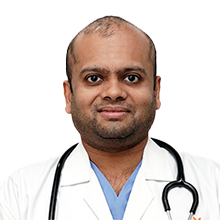




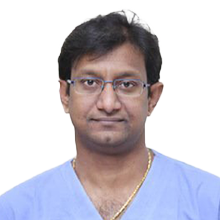
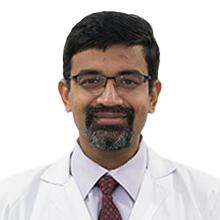
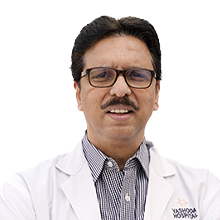
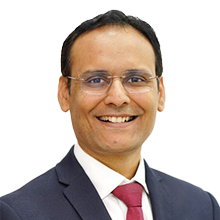
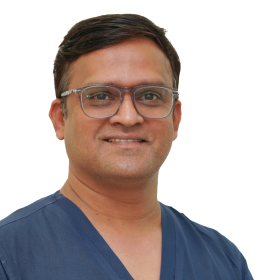












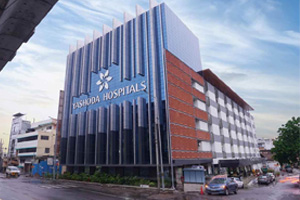
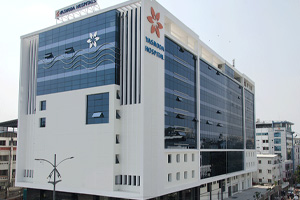
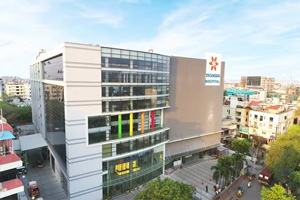
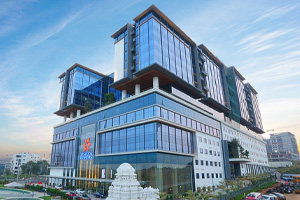
 Appointment
Appointment WhatsApp
WhatsApp Call
Call More
More